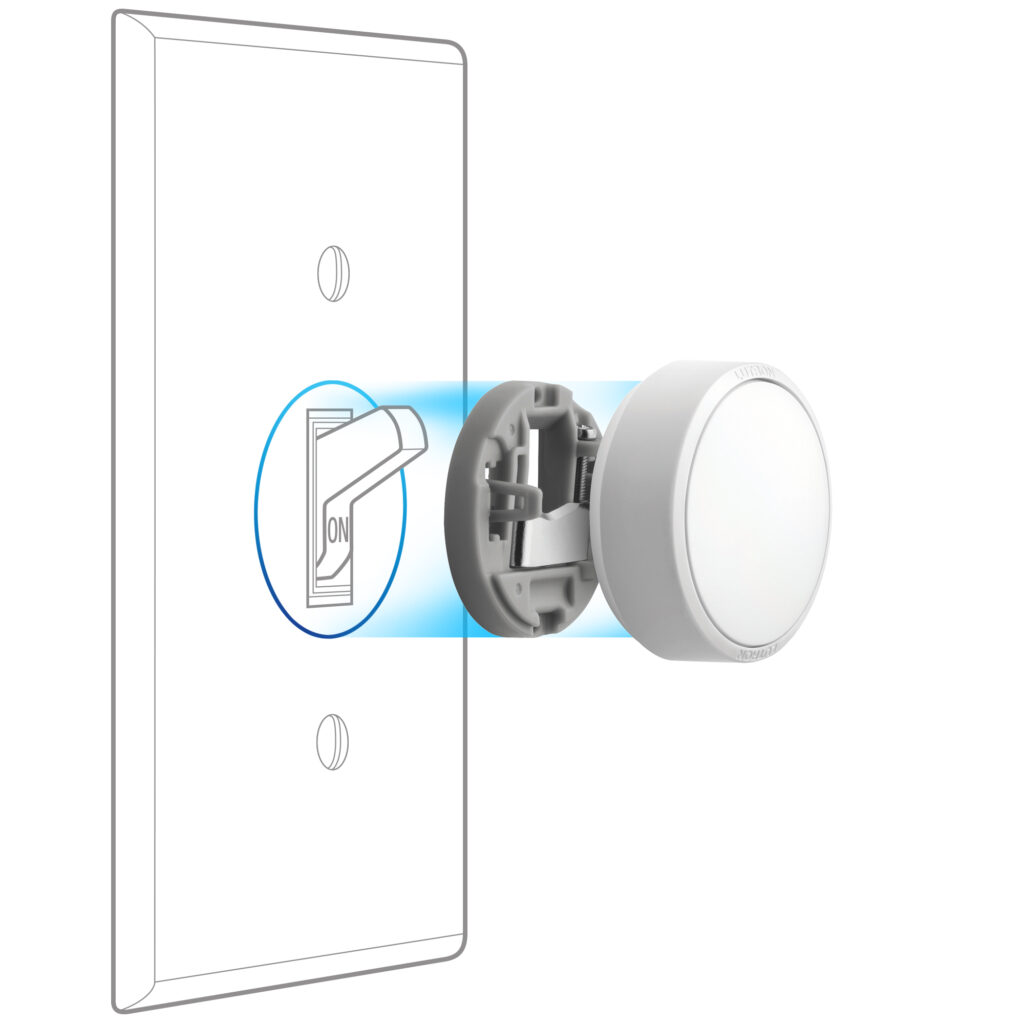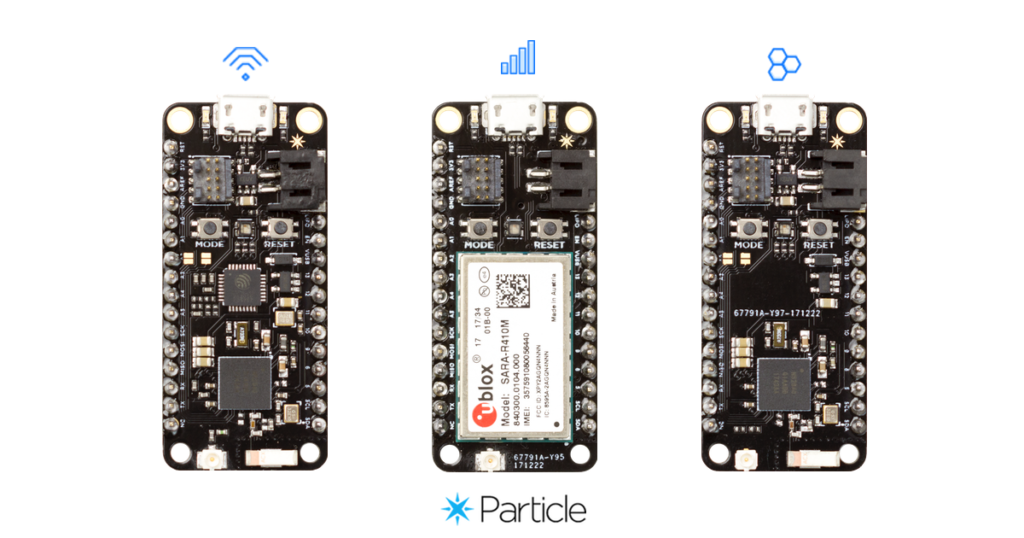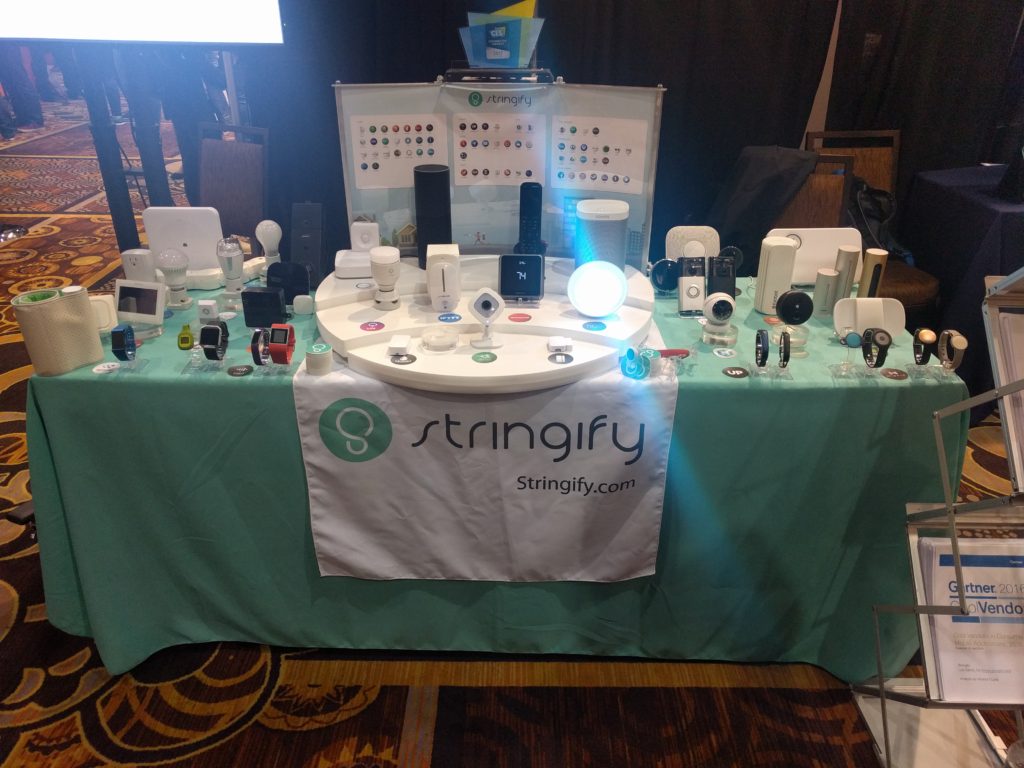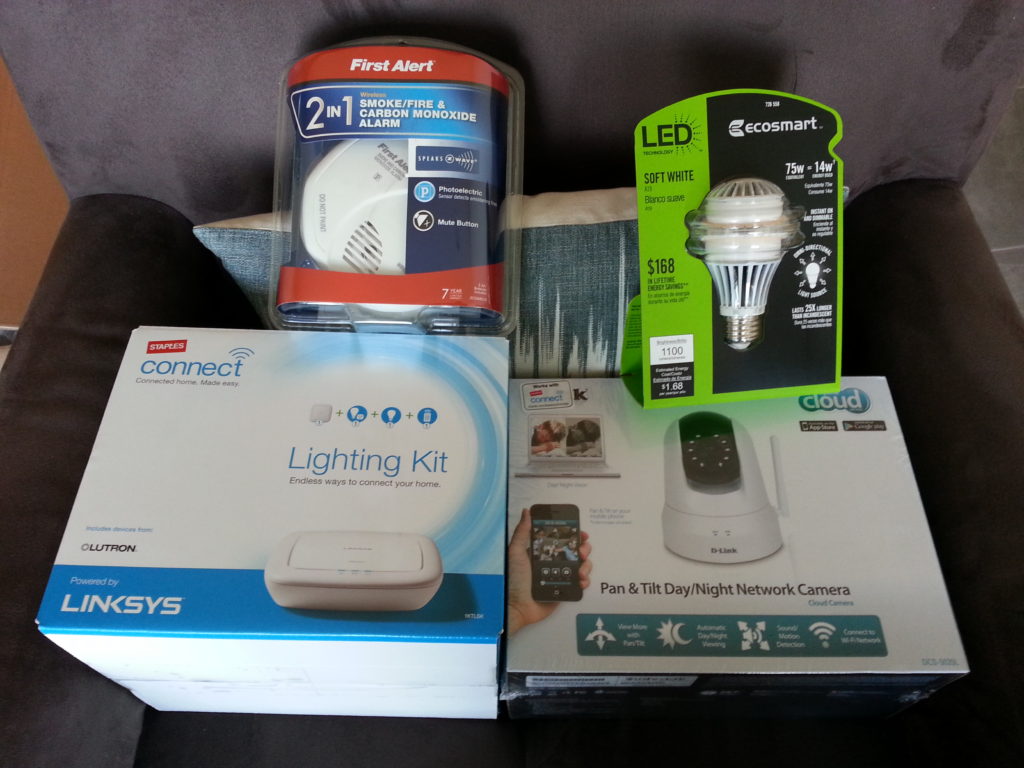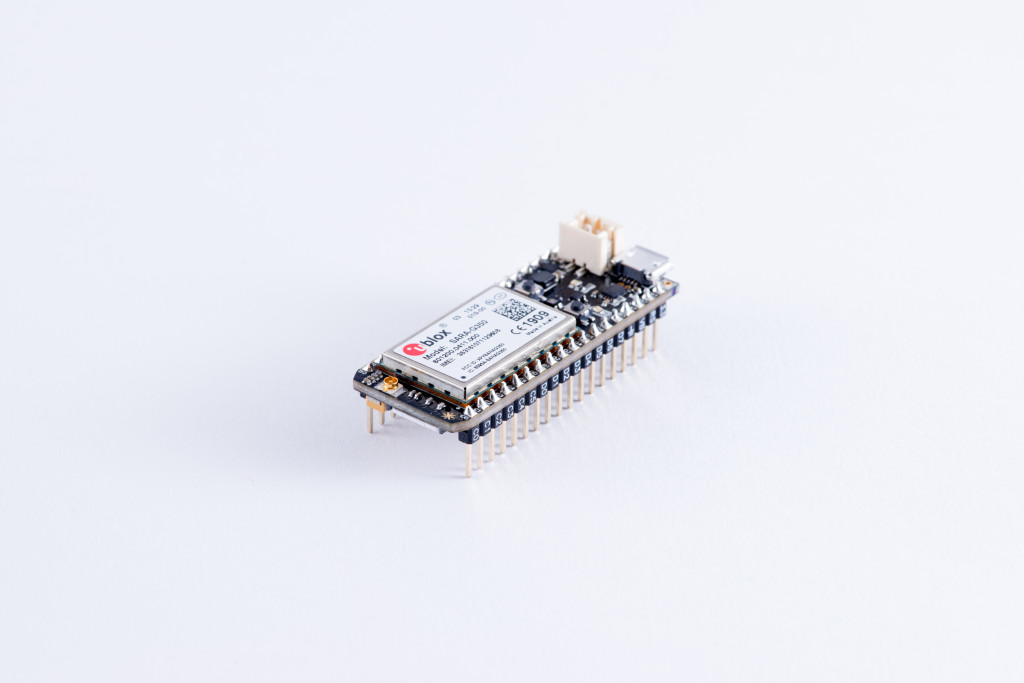This week on the show we return to the classic story of a company trying to use a software update to limit the functionality of a connected product after someone has purchased it. The latest example is Cricut, which makes a connected craft cutting device. The company recently said users would have to start subscribing to its service if they wanted to continue uploading more than 20 patterns to its software each month. After an outcry, it shifted its stance. We also talk about Apple stopping sales of the original HomePod, and new products from Ring. We then cover updates to the Particle platform, a self-sanitizing door handle, and Apple’s potential plan for light switches. We also answer a listener question about HomeKit-compatible indoor cameras.
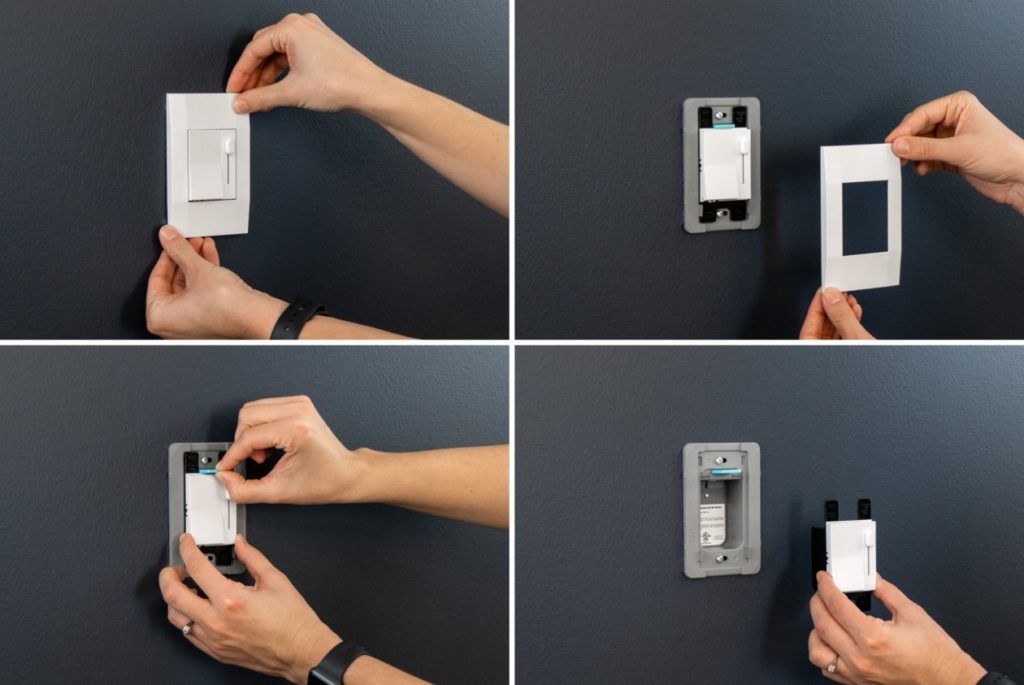
Our guest this week is Derek Richardson, CEO of Deako, a company that builds modular light switches for home builders. The company just raised a $12.5 million funding round, so Richardson and I discuss the plans for the money and the changes happening in the builder market when it comes to smart devices. We then talked about what it takes to build a long-lived device and why you may one day pack your light switches when you move. We closed with a bit on Thread and the potential that Project CHIP might have. It’s a fun interview and offers a very different perspective on smart lighting.
Hosts: Stacey Higginbotham and Kevin Tofel
Guest: Derek Richardson, CEO of Deako
Sponsor: Switch Always On
- Cricut angers a lot of users with new subscription push
- Do you want to let Google watch you sleep?
- Particle entices developers with free connectivity for the first 100 devices
- What has changed in the last five years of selling smart homes to builders
- Will you one day bring your light switches when you move?
Podcast: Play in new window | Download | Embed
Subscribe: RSS

